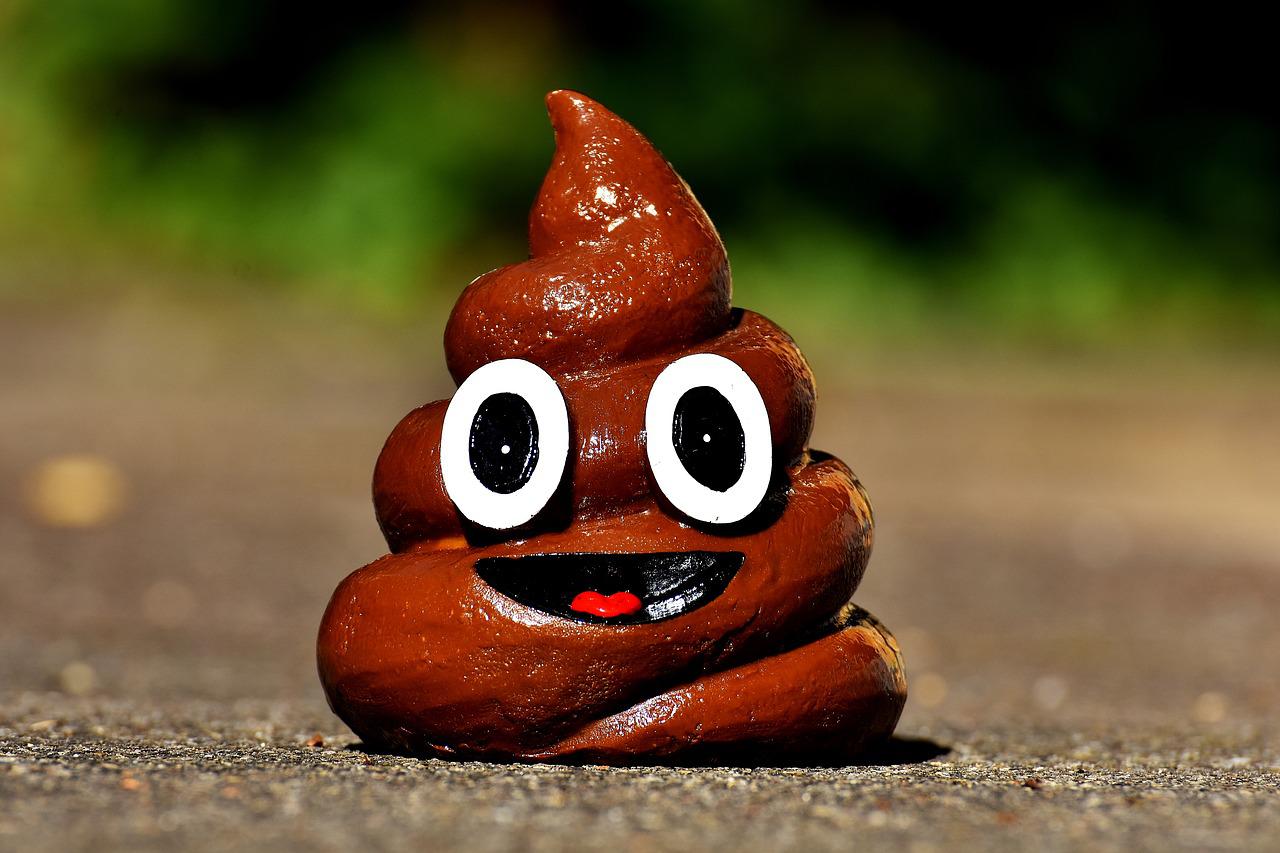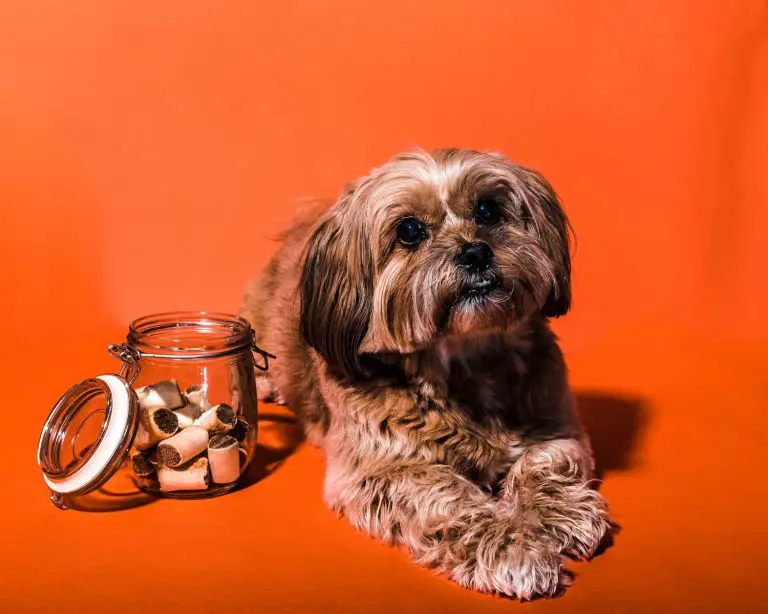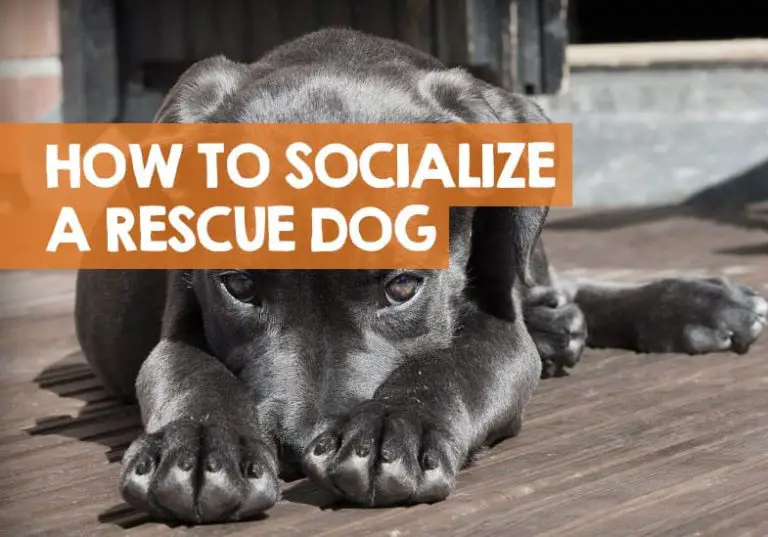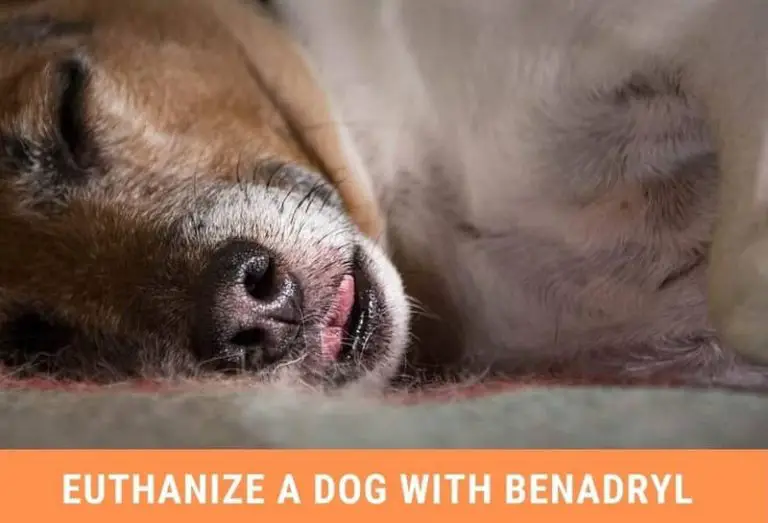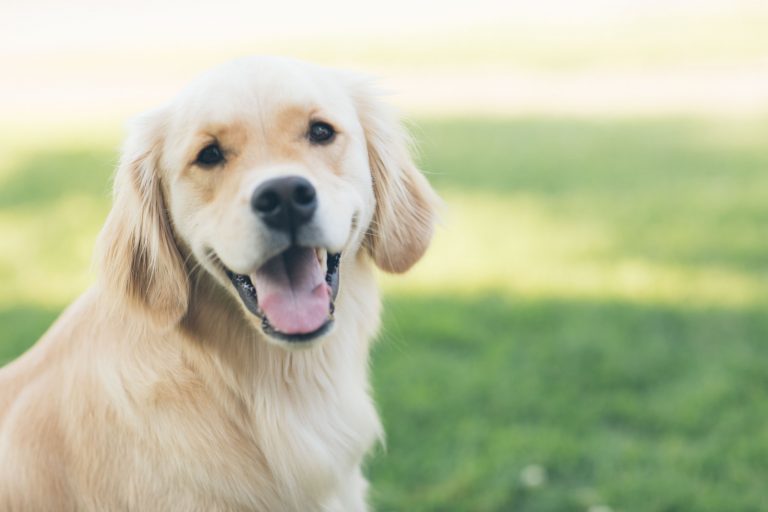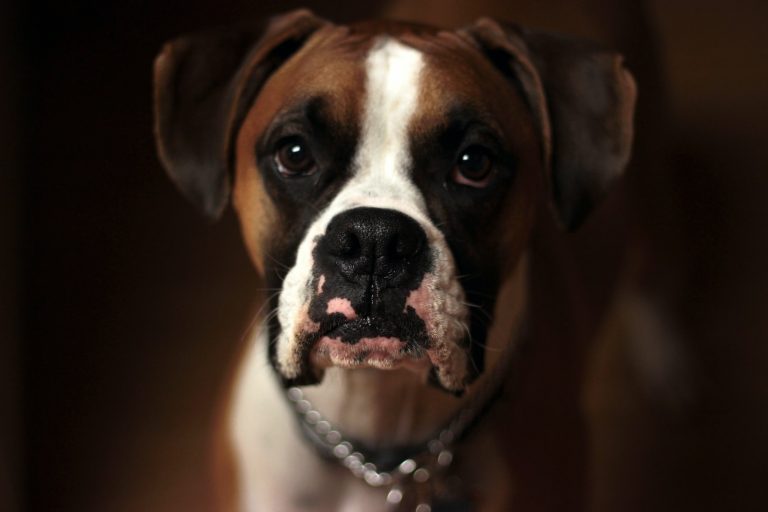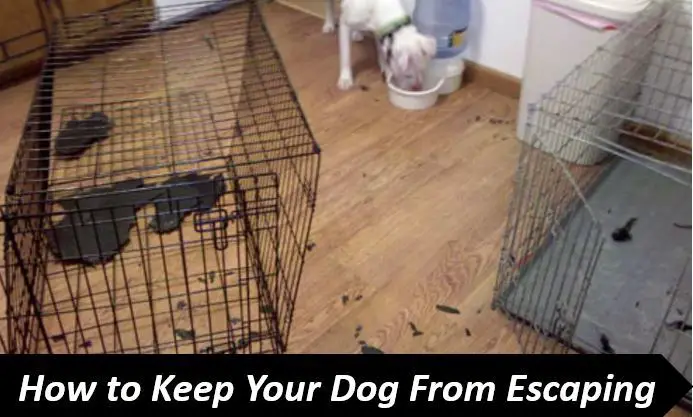So, you just found out that your dog pooped inside the house once again. While trembling with anger, you might be wondering how to stop my dog from pooping inside the house.
Having a dog is a fantastic experience for most pet-owners. They have a companion in their homes that they can play with and show their love and care to. In return, their dogs are loyal friends who can help lift their owner’s moods and spirits time and time again.
Taking care of a pet is a lot of work – as rewarding as it may be to have one. Solving problems frequently is a part of the whole deal.
One of these is dealing with your dog defecating inside your home.
This can be a frustrating thing to deal with, it can more so because identifying the cause for that is not a straightforward process. You will have to observant of your dog’s habits to do so.
Don’t worry, though, this article will tell you how to stop your dog from pooping in the house in various situations.
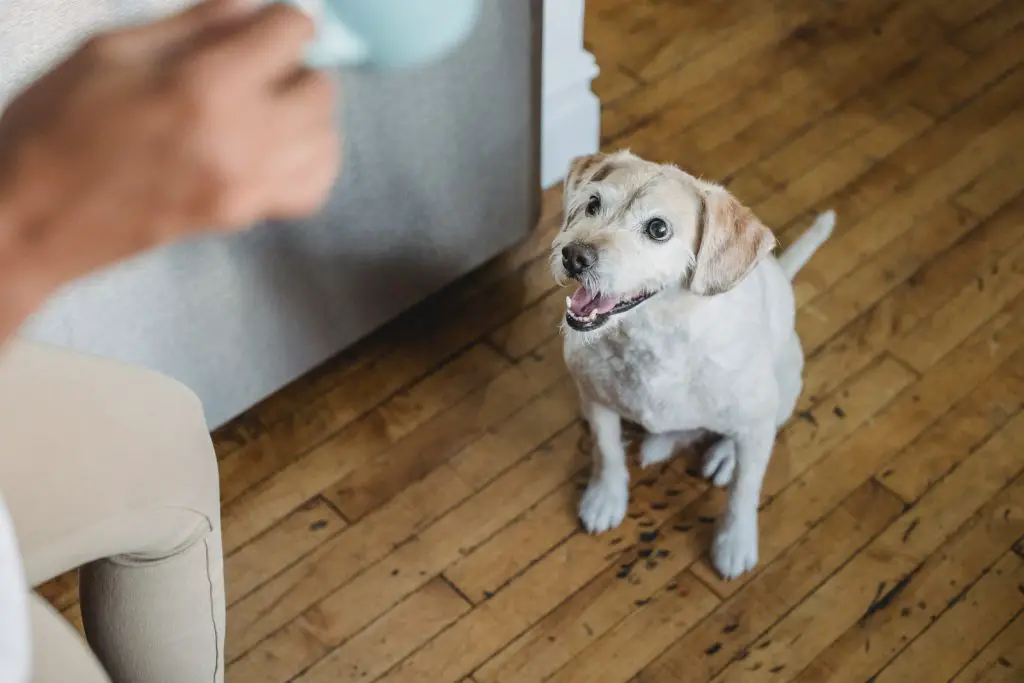
My Dog Keeps Pooping in the House, How Do I Stop It?
Dog pooping in the house is a common problem. Here is a detail guide on how to stop my dog from pooping in the house. Before reading the guide, here is a short and quick video on how to stop dog from pooping inside the house.
Dogs sometimes poop inside the house because they’re afraid. You can help them overcome this fear by providing them a safe space in the house. Often, loud noises like firecrackers or thunder can be a source of their anxiety.
Create a space that is small and dimly lit, which they can go to when they hear these sounds. This space will help them feel comfortable and less afraid, and it will reduce the chances of them being fearful of going outside. This, in turn, can help prevent them from pooping inside the house.
However, don’t force your dog to use a designated safe space that you’ve created – that defeats the purpose. The space won’t be considered safe for them if they are pushed there involuntarily. Create safe spaces in such a way that they gravitate towards them on their own.
Keep your pup entertained by giving it frequent distractions. Play with it to make it feel safe. Show your dog how much you love it by engaging playfully with it from time to time. This can help reduce any stress and anxiety it may have.
If you don’t have enough time to give to your dog because of your schedule, get it a few toys that it can play within your absence. This will keep it distracted, entertained, and possibly less anxious. As a result of that, the number of times your pup makes your carpet its toilet will reduce.
Loud noises can be frightening to some dogs. Try not to take your dog outside of the house while the source of the sound is present. This may cause your pup to be afraid of going outdoors, and it may cause them to do their business inside your home instead.
Some sources of loud noises can include garbage trucks, noisy neighbors, and loud traffic. It’s best if you take your dog to do its business when these sources are not present. This will allow your pup to feel comfortable when it is outside of the house. This, in turn, will make your dog more comfortable with pooping outside.
New members in the house – human or otherwise – can be a source of anxiety for your furry friend. This anxiety can cause problems in its house training, resulting in a few accidents around the house.
You can avoid this by allowing your dog some time to get used to the new house member. If you have a baby on the way, start preparing your furry friend for its arrival a few weeks before. Start by giving it a little less attention in these 2 to 3 weeks. This will prevent it from feeling neglected when the baby comes to the house, and you’re busy looking after them.
In addition to that, have them sniff the blanket you will wrap your baby with during these weeks. You don’t want the addition of your baby in the house to feel completely foreign to your dog. When your baby does arrive, avoid direct and close contact for the first few days.
This will allow the baby’s presence to ease into the home and will reduce the chances of your dog getting anxious with its arrival. Less anxiety will result in a lower chance of there being a lapse in your dog’s house training. This process can be used in a similar way to get your dog used to other members as well.
Observe your dog’s pooping times and build a routine around that. Often, if there’s a discrepancy between your routine and that of your dog’s pooping time, they might end up pooping indoors. Be observant of those timings and reschedule the time you take it out for its business accordingly.
See if this new routine is working for your dog, and keep it consistent. Don’t bring too much variation in the times of day at which you take it outside for it to do its business. An inconsistent routine can disrupt their pooping habits and can increase the chances of them pooping inside your house.
Have designated times so that your dog can predict when it should be pooping. It’s a healthy sign if your dog poops within 30 minutes after eating. Thus, take it out for a walk after each of its meals. Also, take it out once in the morning and before bed in the night.
You must feed your dog at the same time in the day to keep its pooping time consistent. Dogs need to poop soon after they finish their meals (this may vary according to the breed you have, so be observant of your dog’s habits).
A variation in the time you feed your dog will consequently alter its pooping schedule, which may spell bad news for you. This may be the cause of more accidents happening in the house, and you don’t want that.
Your dog may just have forgotten the potty-training you provided it some time ago. In that case, you should go over the training process so that it can develop the habit of pooping where you want it to. Here’s a short video on how to potty-train your dog.
Don’t allow your dog to roam the house freely if it is defecating inside the home’s space. You can keep it on a leash or in a room. Take it out after its meals every time to the same spot you did before. Its scent will help it predict its pooping time, which can make the process go smoothly.
It’s good to limit your interaction with your dog before it poops. Give it enough space to perform its business without interruption. Walk along with it until it starts, and then wait until it’s completely done.
You want it to focus on the task at hand for it to develop an association between going outside and relieving itself. If you have time, spend some time playing with your pup right after, give it a treat as a reward, and praise it after it does its business outside. This functions as a form of positive reinforcement for its actions.
Also, avoid going back home until it poops. This will help reinforce the idea that this time is designated for pooping and not any other task in particular.
Positive reinforcement will help it associate a favorable reaction from you when it does its business outside. It won’t understand what is and isn’t desirable by you unless you tell it. Dogs don’t consider their poop to be repulsive like we humans do. Try and help them understand that you don’t like having to clean up after it when it poops indoors.
Remember not to punish or yell at your dog for making an accident inside the house. This will make things worse because you will compromise your relationship with your dog. It will associate fear with you, and that is not desirable for any pet owner.
What you can do is interrupt and call out to your dog if you catch it pooping in the house. This may stop it from finishing, allowing you to take it outdoors to eliminate its waste. As always, provide your furry friend with positive reinforcement for its good behavior.
Your takeaway is that you should refrain from negative reinforcement as that damages your relationship with your furry friend. You should instead show love and care when it gets things right.
Finally, here is a detailed video on how to stop dog from pooping inside the house.
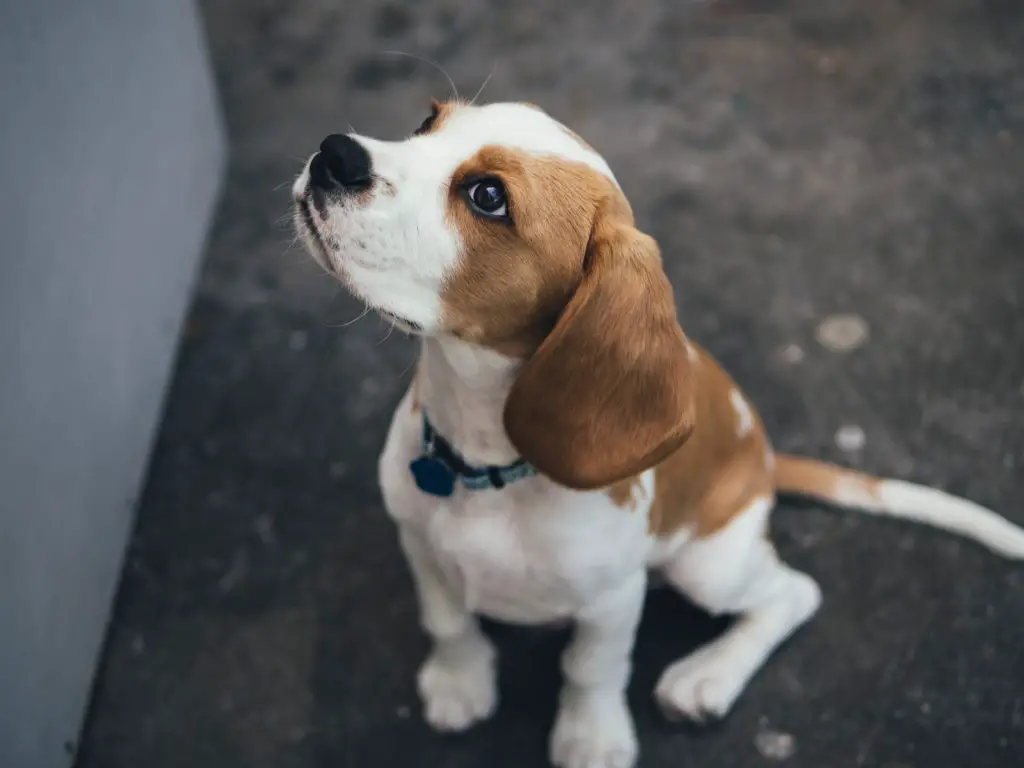
What Is Causing My Dog to Poop Inside the House?
No one reason can explain why your dog is pooping inside your home. Each dog has its patterns. You have to take that into account as you attempt to discern why the number of times your dog has accidents is increasing.
That said, below are some common reasons that can help you narrow down what may be the cause for your dog’s lapse in house-training. Knowing these reasons can help you figure out how to stop my dog from pooping in the house.
There isn’t much that you can do if your dog has turned old. More frequent accidents are inevitable at this stage. Be patient and supportive with your dog, show them love and care, and be ready to clean up after them when necessary.
Dogs have the potential to lose strength in the muscles they use to hold their poop. This means that they are less likely to hold in their poop if you delay taking them outside.
Be more diligent in following the schedule you have set for feeding and pooping for your dog. Take it outside immediately after it finishes its meal so that it doesn’t have to hold in its poop for long.
You should consult a vet if you feel like your old furry friend is showing signs of memory loss. Forgetting that it has to poop outside of the house can be an indication of this. You can look into treatment options with your vet to help with this issue.
Also, you can restrict access to some carpeted areas in your home to reduce the chances of an accident from occurring.
A little pup needs to do its business more often than an adult one does. Their digestive tracts work faster than those of adults, and they have to go poop more frequently as a result. In addition to that, younger pups sometimes can’t hold in their poop.
Thus, you should take your pup outside as soon as it finishes its meal. The likelihood of it pooping soon after its meal is high, so this way, you can begin getting it used to the idea of pooping outside the house from an early age.
Also, some because puppies are smaller, their bladders are smaller, which may make them need to eliminate their waste more often. It’s better for you if they both poop and pee during the same visits.
Don’t wait too long until you begin the potty-training process. Starting after it is 12 weeks old can make the process much more difficult. It’s best to start as soon as possible.
Dogs need to do their business quite a few times in the day. If your schedule doesn’t allow you to be at home to take your dog out for walks, then you need to hire someone to look after your dog.
Dogs do have the ability to hold their waste in until they’re allowed to go outside, but they won’t be able to do so if the wait is several hours long. It is also unfair to them to have to hold it for hours every day.
Dogs’ age, breed, and health will also determine how long they can hold their poop. If you exceed that limit, you can expect to have a revolting surprise waiting for you inside your home. Find someone who has significant experience in dealing with dogs and knows how to interact with them effectively. Don’t risk your furry friend’s health and safety with an incompetent person.
There is no fixed digestive pattern that is universal across all dogs that you need to be conscious of. It is your responsibility as a pet owner to be observant of the behavioral and bodily patterns of your dog. Nothing is ever the same, therefore, after careful consideration, create a fixed routine for your dog.
It is possible for your dog to start suffering from memory loss as they get old. The condition is similar to Alzheimer’s in human beings, and it is called canine cognitive dysfunction. This can cause them to forget their house training. They may forget the association they developed years ago of going outside of the house for a walk and eliminating their waste.
If your dog is old and continues to poop indoors even if it is getting enough time outside, it’s possible that your dog is dealing with this condition. In that case, you must take your friend to the vet and discuss plans for treating the condition.
Every time your dog poops inside your house, take a good look at the poop. If its poop looks a bit loose or watery, your dog could be suffering from diarrhea. In this case, it will be more difficult for your dog to hold its poop and will defecate indoors as a result.
An upset stomach can be because of inflamed intestines due to gastroenteritis. This can occur because of a food allergy, parasites, infections, or bowel diseases. Take your dog to the vet in this case, just so that you don’t risk your pet’s health.
This may not be the case for most pet owners, but it is worth mentioning regardless that your dog needs to get enough time to go out in the day. It won’t have a choice but to do its business inside the house if it doesn’t get the opportunity to do it outside.
Be vigilant of the signs your dog gives you when it needs to eliminate waste. It may start barking, whining, scratching the door, or sniffing. Sometimes, your dog can’t effectively communicate its need to relieve itself to you. Therefore, it is incumbent upon you to pick on the signals (subtle or otherwise) it gives you and take it for a walk each time.
Last Few Words on How to Stop My Dog from Pooping Inside the House
Your dog is part of your family, and it is essential that you treat it with love, care, and respect even when it makes a mistake. Dogs, when house-trained well, will rarely have accidents in the house. However, it is still possible, and you need to know how to react in case it does. It’s usually not too difficult to fix this problem.

